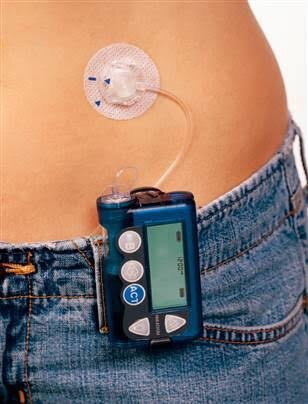What is PTSD? What Are Symptoms of PTSD?
What is PTSD? Posttraumatic stress disorder is an acute group of mental symptoms being unable to sleep, feeling nervous, difficulty concentrating, and trouble remembering things – that an individual develops after he or she experiences something traumatic, frightening, or upsetting. Any sort of major trauma can result in PTSD. It can develop after a direct physical experience such as being threatened with serious injury or being seriously injured in a dangerous situation.
The symptoms of PTSD are very similar to those of many common disorders: being anxious about something, feeling detached or disconnected from one's self, going through a loss of control, feeling detached from others, and being fearful of the future. However, the symptoms that come along with PTSD can be so extreme that the person may think that there is no way out of the situation. This is why it's important for an individual who suffers from PTSD to seek medical attention and have their symptoms diagnosed.
If you suspect that you may be experiencing any of the following symptoms of PTSD, you should talk to your doctor immediately. They may be able to help you deal with them or even provide treatment. One symptom to look for is if you are having trouble sleeping and if you avoid going to bed. Another symptom of PTSD is if you have nightmares that are haunting you or if you have frequent flashbacks.
Symptoms of PTSD can also include nightmares or flashbacks, where you relive events from your past, but you can't recall any details. You may also have flashbacks or nightmares, but you don't remember how you got to that point.
Some people with PTSD may also feel a sense of detachment from themselves
If you notice this happening, you should speak to your doctor immediately. In some cases, you may be suffering from a disorder known as clinical depression.
Other symptoms of PTSD include hallucinations or delusions. These may come in the form of hallucinations or fantasy, where you think that you are suffering from a physical condition that you aren't and you're not aware that you're feeling better or worse than you really do. This can be extremely dangerous. For example, it may lead to suicide if you don't seek help.
You may also suffer from paranoia. This is when you feel like your world is collapsing around you and everything is fake. This can be a very dangerous feeling.
When you think about what is, there are certain things to keep in mind. A number of symptoms of PTSD may be related to post-traumatic stress disorder, including nightmares, flashbacks, and flashbacks.
These symptoms may be brought on by a traumatic event in your life, like rape, assault, death of a loved one, or other trauma. They may also come about as a result of prolonged exposure to situations that trigger symptoms. If you have experienced a traumatic event in your life, you should talk to your doctor about these symptoms.
Symptoms of PTSD may also include depression
This can be caused by a variety of reasons, such as childhood trauma or abuse. It can also be a symptom of a mental illness, such as schizophrenia or bipolar disorder.
Symptoms of PTSD may also include extreme irritability. If you are constantly angry, tense, and anxious, this is another symptom of PTSD. This can cause you to avoid normal social activities and develop avoidance behaviors, such as avoiding certain people and situations, feeling depressed, or feeling hopeless.
If you have these symptoms, talk to your doctor and let them know about them. He or she may be able to provide treatment to treat these symptoms. If they don't go away, he or she may refer you to a psychiatrist who specializes in this type of disorder.



